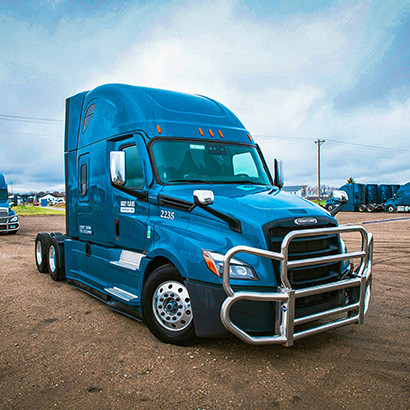Menu
- Home
- Drivers
- Capabilities

logistic experts
- About
- Contact Us
- Get Quote





For truck drivers making a long haul, having their diesel fuel gel up on them can be a nightmare. Not only does it mean you’re stuck on the side of the road, but it can also cost you a lot of money in repairs. In this blog post, we’ll discuss some tips for preventing your diesel fuel from gelling up, so you can stay safe and on schedule. Happy driving!
SIGNS OF DIESEL FUEL GELLING:
Diesel gelling can be detected by several signs. One of these is when you are having trouble starting your engine. As diesel fuel gels, it clogs up the fuel lines and fuel filters, preventing fuel from passing through. When this happens, the engine cannot start.
Fuel rail pressure can also indicate a problem. Inability to accelerate properly and sluggish performance are likely caused by this problem. As the vehicle accelerates, a difference is observed between the desired fuel rail pressure and the actual rail pressure. As a result, the desired pressure spikes up but the actual pressure remains low because diesel fuel gels, preventing fuel from getting to its destination.
PREVENTION:
As a reminder, fuel clouds at 15° and gels around 0°. The key to preventing it is to be prepared and take some simple steps to protect your fuel system. Here are our top tips to help you avoid fuel gelling:
Fuel gelling is a common issue during winter, but there are ways to prevent it. By following the steps above, you can make sure your fuel doesn’t gel and your truck runs smoothly all winter long. What other tips would you add for preventing diesel fuel gelling?

M-F 7AM–5PM

M-F 7AM–5PM
Great Plains Transport is a North Dakota trucking company featuring refrigerated freight, cargo, and dedicated transportation services while offering long haul OTR truck driving jobs in 48 states.
Great Plains Transport Inc
Address: 200 1st Ave SE, Mapleton, ND 58059
Phone: (701) 281-3006

